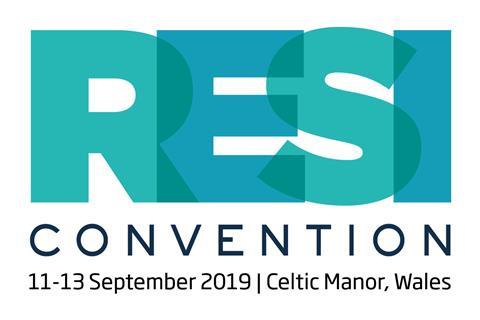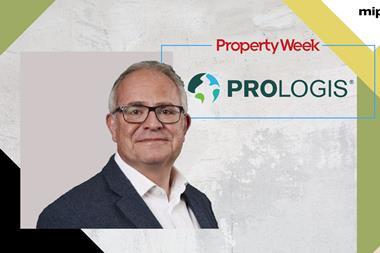More than a decade ago, sustainability was a key theme in the property industry. It was at the top of the agenda and being driven by a strong focus from government with targets to significantly reduce waste, water usage and carbon emissions across all industries.

The Climate Change Act 2008 and the Code for Sustainable Homes 2006 introduced important targets, such as the requirement for all new housing to be zero-carbon by 2016.
Then came the financial crash, austerity and funding cuts. Environmental sustainability was relegated and the 2016 target scrapped as a focus on the economy and reducing our debt became the priority. The distraction of Brexit has also placed focus elsewhere.
However, more recently, environmental sustainability has become a mainstream consumer issue. Climate change is very much on the media agenda thanks to Extinction Rebellion protests and Greta Thunberg’s ‘school strike for climate change’. And now we have the government’s climate change commitment of net-zero emissions by 2050 announced in June.

With its stewardship of the built environment, the property industry has a crucial role to play in meeting this target. It needs to put sustainability firmly at the heart of its thinking and innovate to improve its environmental performance and build on its achievements to date.
From a residential property perspective, there is a huge task to retrofit millions of homes with new technologies to ‘decarbonise’ them – a process that will be expensive and disruptive. For developers of new homes, there is the opportunity to embrace the challenge immediately, utilise sustainable building techniques and create homes where a low- or zero-carbon footprint becomes a key selling point, not an additional cost.
The property industry needs to put sustainability firmly at the heart of its thinking
We are fortunate to have an embarrassment of riches in the UK when it comes to wonderful architecture and historical buildings. However, they present a challenge when it comes to sustainability. Upgrading them to protect the buildings and ensure that modernisation is handled sensitively – and at a cost that isn’t prohibitive – is no mean feat.
We are working with a number of clients to help them navigate their way through the complexities of improving sustainability – a commitment that is very much on their agenda as responsible landlords but one that, realistically, will be achieved over the long term.

This is where an initiative such as RESI Trailblazers has a crucial role to play in revolutionising the way we tackle sustainability in the residential sector because it recognises new thinking and ideas that could transform our industry in the future. In this year’s entries, I hope we see some new ideas focusing on energy-efficient home design, whether they are new-build or retrofit.
Reducing carbon emissions is a hugely complex task but one where our industry can play a very important role.
The truth, however, is that it is everyone’s responsibility – from industry to consumer – to tackle climate change effectively and it will take a combination of legislation, new tech and construction methods, access to more sources of renewable energy and behavioural change to make it happen.
James Gray is managing partner of Cluttons
If you hail from the residential sector or have an interest in mixed-use, you can’t afford to miss the RESI Convention. Join key decision-makers as we look ahead to what the future holds for our ‘Brave New Mixed-up World’ examining the residential sector in the context of the whole property market. Secure your place for 11-13 September 2019 to network, debate and dine over three days at this essential meeting place. Tickets are selling fast.

































No comments yet